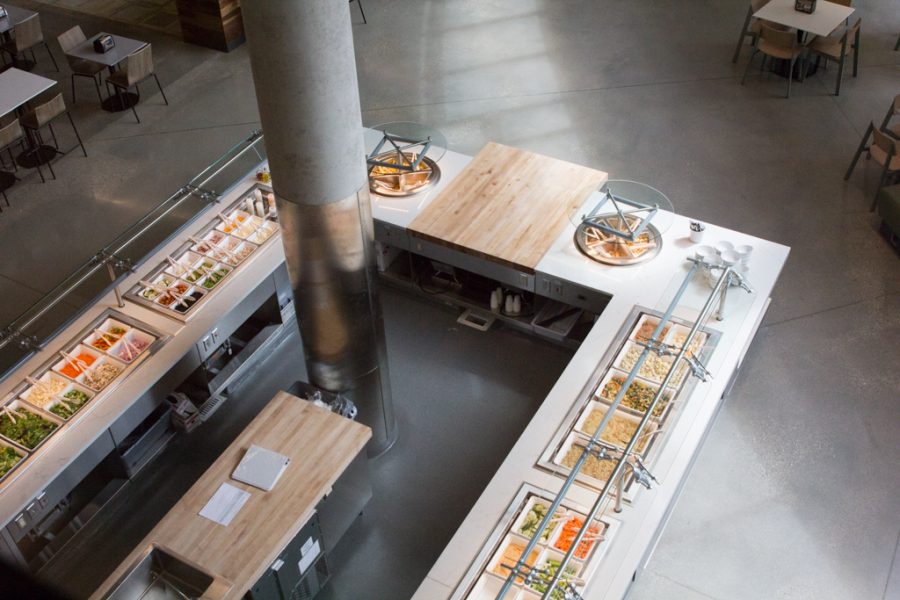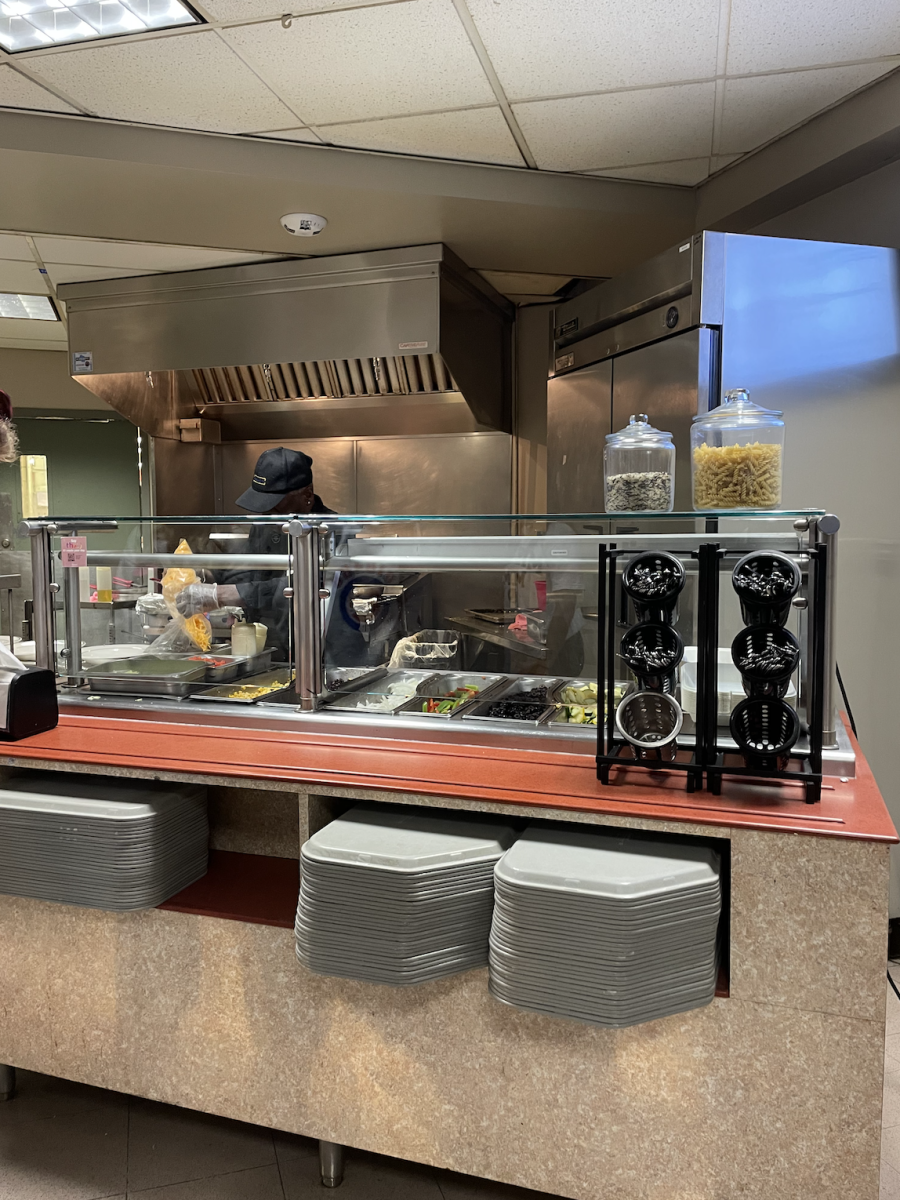Wild Commons, a new dorm that features a state-of-the-art dining hall, opened for students this fall. With an updated salad bar and the simple servings station that offers allergy-friendly options, this serves as a substantial improvement to on-campus dining. Despite these additions, there is room for further developments to the current meal plan offered by the university.
It is important for meal plans to be in place to ensure that students have access to food for their health and well-being. It can also put parents’ minds at ease to know their children will not go hungry. However, there is a way to do this without a hefty price tag.
Currently, freshmen and sophomores at Marquette University are required to buy a meal plan. This plan is $2,195 each semester and includes unlimited meals in various dining halls. While having a meal plan certainly has its benefits, the current price can place undue financial stress on students and their families.
There are other universities that are doing meal plans right. For example, Creighton University, which also uses Sodexo for campus dining, offers Flex Plans. The most minimal dinning plan is $762 per semester. It offers 50 swipes and 350 dining dollars, which renew each semester. From there, students can choose to purchase more swipes or dining dollars, until they hit a certain threshold where they upgrade to an unlimited plan. It is certainly not out of Marquette’s reach to remodel its own dining plan, especially when other universities have proven that flexibility is possible with its dining company.
Marquette should implement a new meal plan that is mandatory for all first-year students, but optional beyond that point. The meal plan should change to a tiered structure to adapt to different financial backgrounds and dietary needs.
A minimal base plan should be required, but students should have the opportunity to go up to an unlimited plan if they choose.
If students were able to opt out of the meal plan completely, this could cause problems, but levels are a compromise. A mandatory meal plan of some sort is the only way to protect students from adapting unhealthy habits to obtain food.
Meal plans and dining halls provide students with a place to study, meet people and socialize. Having at least a basic meal plan also puts students on an even playing field, where they still have the chance to get food with friends, even if they can’t go to the dining hall upwards of three times a day. In this way, campus cafeterias have an undeniable social benefit.
While the dining has a social impact on underclassmen, perhaps even more important is the relationship between food and mental health. Often times, mental health concerns and eating disorders go hand in hand. Freshman year specifically can be a big adjustment for students, leaving them more susceptible to facing challenges with mental health. Requiring a basic meal plan can act as a safeguard to prevent unhealthy eating habits.
The mandatory dining plan can also create problems for students with health complications. Those with severe allergies, food sensitivities or religious or personal food restrictions may find it hard to to satisfy their dietary needs in the dining halls. Wild Commons and the Innovation Kitchens on campus have made big leaps to offer more allergy-friendly stations and options, but there really is no replacement for the peace of mind brought by cooking food yourself to ensure its safety.
Marquette should take steps to implement meal plans that are more inclusive of all students. The ability to choose a plan that fits better within each individual’s budget and diet would be a much more effective solution to college dining options at Marquette.












